Dla większości osób inwestowanie kojarzy się z nieruchomościami, sztuką lub akcjami na giełdzie. Czy wiedzieliście, że inwestować można także w wyborne wina? Przedstawiamy przewodnik, jak rozpoznać i kupić kolekcjonerskie butelki wina.
At the top of the list of the most expensive bottles of wine ever sold is the iconic 1945 Romanée-Conti Grand Cru. Is wine a good investment?
Like any other investment capital, buying wine can provide an excellent source of diversification. Stocks and bonds go through cycles of highs and lows, but collectibles like wine generate ROI with little to no correlation to traditional assets – they can even negatively correlate to the stock market. The price of wine is based on factors that have little to do with economic performance, interest rates, corporate earnings, or ordinary investor sentiment. The price of wine depends on such parameters as weather conditions, yield, yield, reputation of the winery or consumer trends. By tracking the history of wine prices, we observe a trend in value, and wines that can be invested in show steady growth in the market.
Quality recognition
What is the concept that defines and distinguishes good wine from the highest quality? It's a word, it's a balance. In wine, especially in the taste aspect, we must find all its elements in the perfect balance: between the acidity and sweetness of the fruit, the concentration of tannins and smoothness in the taste, as well as the proportion of alcohol and freshness. When there is a sublime harmony, like a symphony that does not lack a single note, we are faced not only with good wine, but also with high-flying wine.
Is the price an indicator of quality? In many ways, yes. After all, more expensive wine means a more expensive production process. This means that the wine was produced with great attention to detail. It is also the origin of grapes from an outstanding habitat and harvest.
Why is the yearbook so important? What does this actually mean? Many people talked about the influence of the terroir on the quality of wines. However, the terroir (geographical location, soil type, climate) is a constant factor, the same every year. And they determine a certain ideal, optimal feature of the wine, its style and, above all, the variety from which the wine will be made. However, the weather may differ from each other, and it determines the quality of grapes from a given crop.
Yearbook
What does the year indicated on the label mean? This is the year when the grapes were harvested. Harvesting takes place in the fall, and yearbook it summarizes the period spanning from late autumn after the previous harvest, to winter when the vineyard is dormant, to spring when a new shrub growing cycle begins, to summer when the bunches are ripe, to autumn when the harvest takes place. Different styles of wine require different aging times in the vineyard in barrels and bottles – just because the wine is on the market today does not mean that it was harvested last fall. His birth certificate is the date on the bottle.
No two vintages are the same! There are simply no two identical days and nights, spring, autumn… Changes in temperature, the amount of precipitation, the number of sunny and cloudy days, winds, possible frosts or snowfalls-all this largely determines what kind of grape will be at harvest time. And as far as a person can work with efficiency or concentration from one bush and even manage it, then with nature-no!
Every vineyard depends entirely on him. Of course, there are no ideal values for temperature and milliliters of precipitation, because nature itself sometimes throws up perfection, and sometimes plays with grapes. The key to the perfect wine is the right weather for the grape harvest. Below is a simple example of how this works:
Red wine Cabernet Sauvignon - if it is to have an excellent structure and aging potential, then the grapes require a high sugar level (this translates into alcohol level, that is, the strength of the wine and depends on the amount of sun), acidity, which gives the wine harmony and balance, that is, wind and maturation time, so that the grapes can reach fullness at your own pace. When they ripen too quickly, they produce wines that are inelegant, strong, and redrawn. For all this, it is best as the grapes contain little water, because then it means a good concentration of aromas and tannins.
How do I know if this year is a success? The fact is that this is not generally known. A drink that is the same every year, because it is made according to the recipe-it is orangeade. Wine has a soul, a personality, its own expression and adapts to weather conditions every year, every year has a different face. Even the most outstanding vineyards, where the terroir can be said to be one great perfection, such "moonshine", too, depending on the season and serenity, can offer phenomenal wines and emphasize their aging potential and can also give wines less desirable in a bad year.
Knowledge of individual vintages is, of course, inalienable for collectors. Because only for the selected years you need and can pay large amounts, even for the largest brands of a bad season, you should not overpay. To sum up, the effect of weather on grapes and wine is huge.
Why is it so expensive?
Collectible wine is a high initial investment. It may take several tens or even hundreds of thousands of zlotys to create a portfolio of excellent wines. Fixed costs, such as insurance, are also quite high, so significant investment is needed to achieve the benefits.
We already know what factors determine the quality of wine. Some factors affecting the price of wine are more market-driven and linked to supply and demand. When the supply of wine is limited by the size of vineyards and names, it is logical that the price of wine will continue to grow over time.
The reputation of a winery also has a big impact on the potential for wine recognition. Many of the wines worth investing in come from leading producers, such as, for example, the already mentioned vineyard Domaine de la Romanée-Conti, czy Pétrus, Château Mouton Rothschild, Château Lafite Rothschild.
Purchase
How to buy wine as an investment? These wines are sold on both the primary and secondary markets. primary market wine usually passes from the producer to the consumer through distributors who sell the wine to retailers. Secondary market this is the place where most collectors and investors buy wine. In this market, collectors, wine lovers and investors sell wine through auction houses, exchanges and wine brokers.
As the most reliable and reliable source of outstanding or unique wine on the secondary market, auction houses offer a wide selection of producers and vintages. The best auction houses should maintain a prestigious reputation and sell only the highest quality wines.
Auctions can be conducted live in auction houses, and bidders can participate in the auction in person or bid online and over the phone. Among the best auction houses are the famous Sotheby’s or Christie’s.
Some reputable auction houses specialize in online auctions, which are becoming increasingly popular.
There are also wine exchanges. These exchanges connect buyers and sellers just like any other exchange. Buyers and sellers can make a deal and pay a commission to the exchange. The two most important ones are: London International Wine Exchange LIVEX. Another wine exchange based in the UK, Cavex, this is a wine trading platform.
While the idea of investing in wine can be daunting, you don't have to be rich to get started. In the wine business, there are investment platforms that allow even ordinary investors to participate in this asset class, as well as programs that can work with larger investors who want to build diversified wine portfolios.
However, you should always buy collectible wines from trusted sources, and not from ordinary people. Recently, there is information about fakes among wines. Do not buy a wine that is more than 15 years old, if you really do not know where it came from, and do not doubt its originality. The risk of counterfeit wines is higher for older wines.
Experts point out that the key is to track auctions to find out market trends, prices, and how you sell different types of wines before entering the market on your own.
Wine storage
After purchasing a collector's wine, you need to be patient. Unlike Even stocks, you may not be able to sell your wine if you need quick money. Selling wine may take some time. You also can't skip subject knowledge. Wine is an extremely complex asset, and success as an investor requires knowledge and training. It is extremely important to gain knowledge about the market, identify your tastes and style of wine that you are interested in, as well as your aspirations, time horizon and return goals. Wine literature, experts, there are many sources where you can get the knowledge you need to make a conscious investment. There are countless websites, blogs, books, and other publications dedicated to the study and understanding of wine.
Wine storage is one of the most important issues related to investing.
Shelf life varies from wine to wine. Investment-grade wines usually mature about 10 years after bottling, but some wines can mature over a longer period of time, all the while gaining value and quality. Others will only be drinkable for a shorter period after full maturity. Wines from very rare vintages should in many cases never be opened. There are companies that offer services for storing wine in ideal conditions-ideal temperature, humidity, without exposure to shock or sunlight.
If you decide to store at home, then you must have an appropriate device that maintains a constant temperature and humidity. Depending on the size of the collection and the investor's portfolio, various storage options are available, from a home wine refrigerator to specially designed rooms /basements. If you store wine at home, you need to take into account the cost of electricity. Professional warehouses charge for wine storage.
If you are an investor and wine will only make up a small part of your investment/savings portfolio. Consider it a medium-to long-term investment. If you are a wine lover, then this will definitely be your personal adventure and a trip to the land of tastes, aromas, history of people and places.
Sometimes wine experts joke with incredulity that if something goes wrong in investing, you can always uncork and drink the wine and your savings.
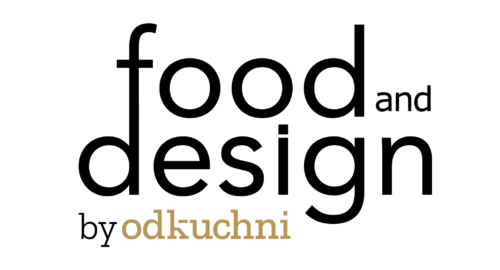
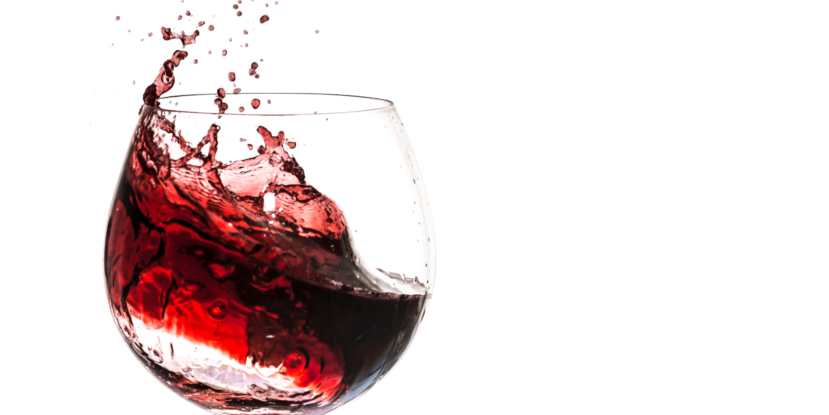
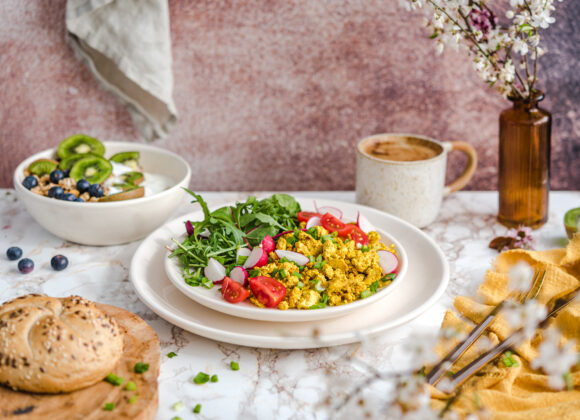
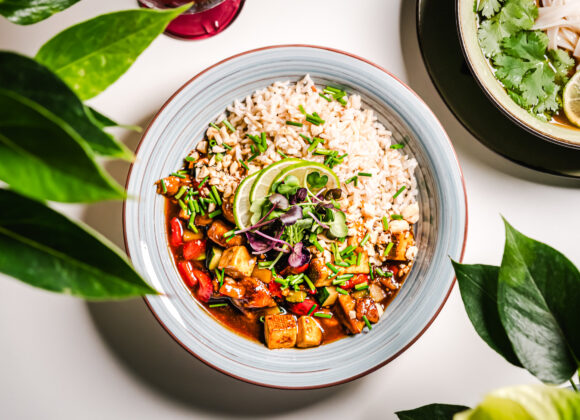
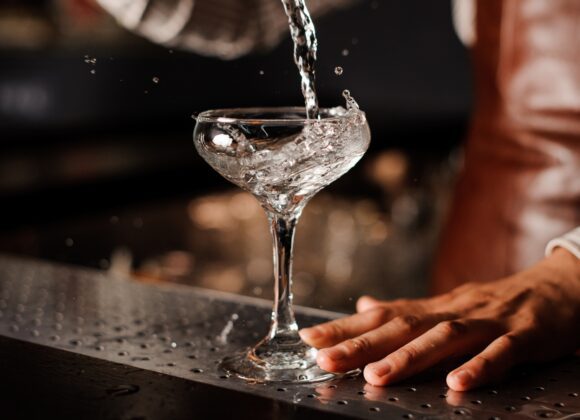


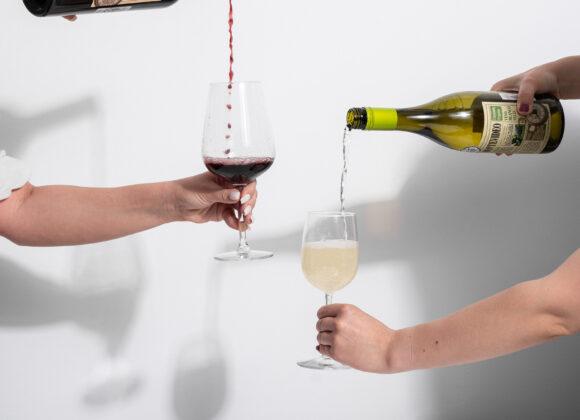


 Junior specialist in Marketing Communications and PR.
Junior specialist in Marketing Communications and PR.


 He is a graduate of the University of Warsaw and the Main School of Agriculture. We have been in the HoReCa industry for more than 10 years. For many years, he has been associated with the Trip group, Sobienie Royal Golf and Country Club, and the Florentin Restaurant in Warsaw.
He is a graduate of the University of Warsaw and the Main School of Agriculture. We have been in the HoReCa industry for more than 10 years. For many years, he has been associated with the Trip group, Sobienie Royal Golf and Country Club, and the Florentin Restaurant in Warsaw. She graduated from the Faculty of Architecture of the Warsaw Technical University with a degree in Architecture for the Knowledge Society and Visual Communications at the Polytechnic University of Milan. A specialist in creating a mood. She has gained experience at home and abroad at numerous international seminars (Seville, Lisbon, Florence), fellowships at La Sapienza (Rome), etc. m.in. in Carmi e Ubertis and ADM Milano.
She graduated from the Faculty of Architecture of the Warsaw Technical University with a degree in Architecture for the Knowledge Society and Visual Communications at the Polytechnic University of Milan. A specialist in creating a mood. She has gained experience at home and abroad at numerous international seminars (Seville, Lisbon, Florence), fellowships at La Sapienza (Rome), etc. m.in. in Carmi e Ubertis and ADM Milano.








 A manager with many years of experience in the cosmetics, food, and children's industries. During his career, he was associated with such companies as: L'Oreal, Samsung, Danone-Nutricia, Unilever. During his professional life, he was responsible, among other things, for the development of e-commerce sales and content in Poland and the countries of Central and Eastern Europe.
A manager with many years of experience in the cosmetics, food, and children's industries. During his career, he was associated with such companies as: L'Oreal, Samsung, Danone-Nutricia, Unilever. During his professional life, he was responsible, among other things, for the development of e-commerce sales and content in Poland and the countries of Central and Eastern Europe. 

























































